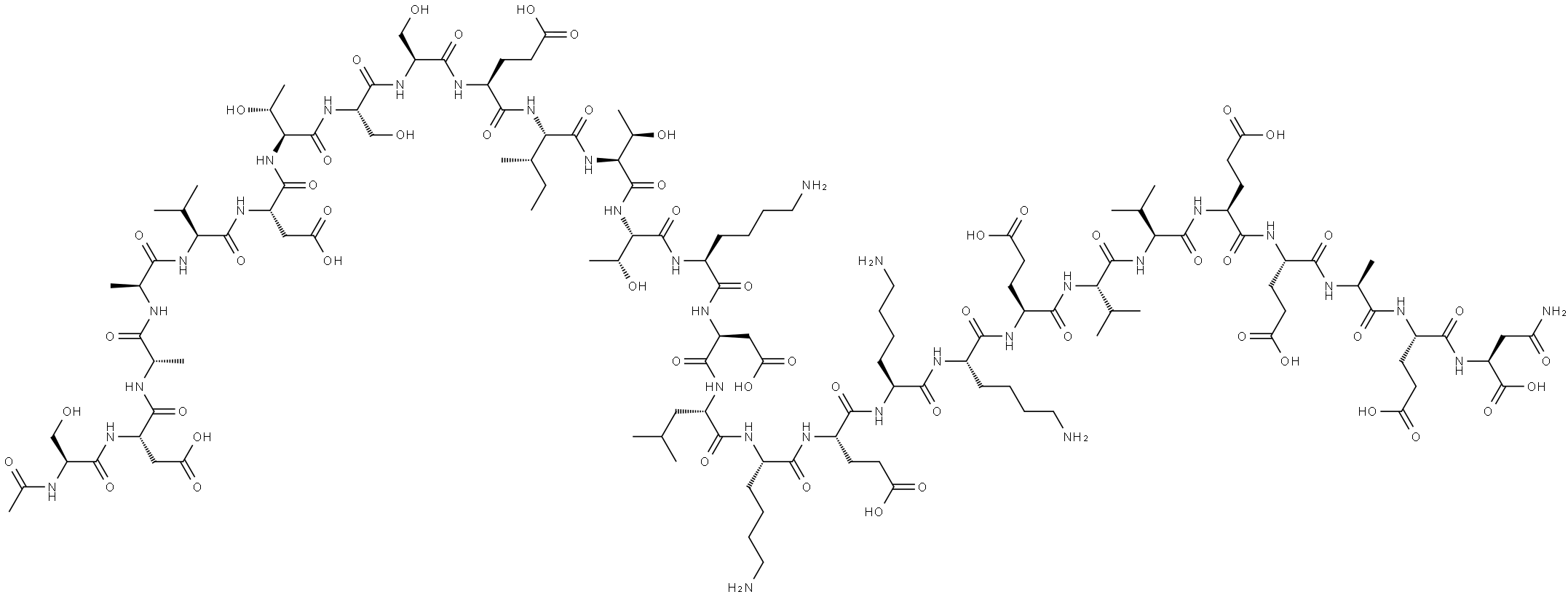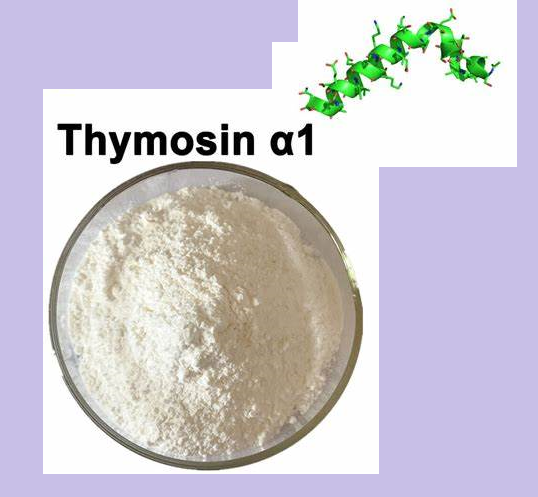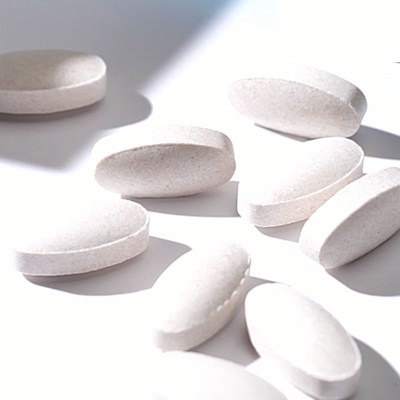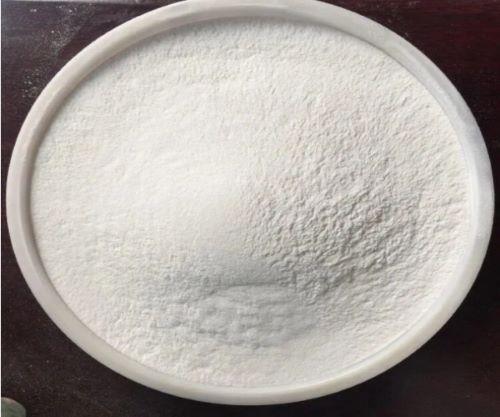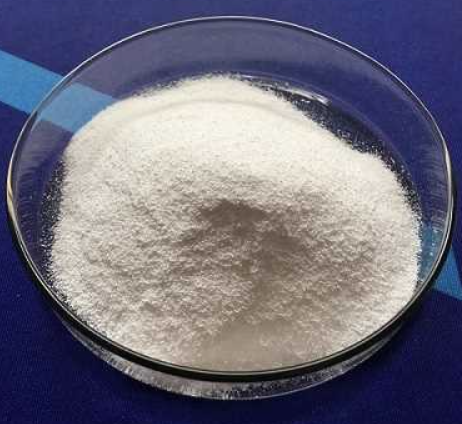Thymosin α1: Biochemistry and Health Benefits
General Description
Thymosin α1, a short and positively charged peptide primarily found in the thymus, plays a crucial role in immune modulation and response. Thymosin α1‘s structure can be influenced by organic reagents and Zn2+ ions, neutralizing the proteins at low pH and enhancing their effects. Thymosin α1 induces interleukin (IL)-2 production, lymphocyte differentiation, B cell growth factor production, and increased macrophage antigen presentation efficiency. It is used to treat chemotherapy-induced immunosuppression and enhance vaccine efficacy in immunocompromised patients. This peptide stimulates the adaptive immune response against various infections and cancers, promoting T cell maturation, activating natural killer cells, and suppressing inflammatory responses. Additionally, it exhibits anti-tumor properties and protective effects against oxidative damage. Clinical trials have shown promising results in conditions such as non-small cell lung cancer, hepatitis, HIV, and melanoma, leading to FDA approval for specific treatments. Thymosin α1's multifaceted benefits make it a valuable asset in enhancing immune function and combating various health challenges.
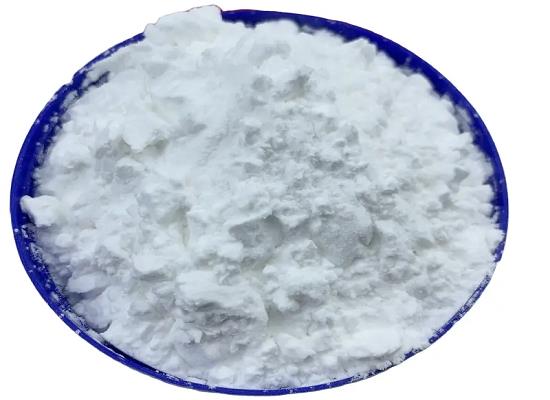
Figure 1. Thymosin α1
Biochemistry
Thymosin α1, a short and positively charged peptide, plays a crucial role in immune modulation and response. The configuration of thymosin proteins can be induced by organic reagents and Zn2+ ions, which neutralize the proteins at a low pH, enhancing their effects. The nuclear magnetic resonance structure of Thymosin α1 has been determined using a solvent mixture of trifluoroethanol and water, revealing a distorted helical configuration with stable regions, including an alpha-helix site and double turns in the β region. Thymalfasin, a synthetic analog of Thymosin α1, has been shown to induce interleukin (IL)-2 production, lymphocyte differentiation, B cell growth factor production, and increased macrophage antigen presentation efficiency. It is used to treat chemotherapy-induced immunosuppression and enhance vaccine efficacy in immunocompromised patients. Additionally, Thymosin α1 therapy has been found to modulate T-lymphocyte numbers and function, making it potentially beneficial for conditions such as T cell lymphopenia and immune dysregulation seen in diseases like COVID-19. Indeed, Thymosin α1 has been used in China for the general treatment of COVID-19 patients, particularly due to its potential to counteract the immunosuppressive effects of SARS-CoV-2 induced cytokine storm and viral envelope proteins. 1
Thymosin α1 has been extensively investigated for the treatment of many different infectious diseases either as a single agent or in combination with other standard anti-infective treatments. Ta1 showed an excellent safety profile in all the reported studies. Among the clinical conditions in which Thymosin α1 has been used, the most convincing and consolidated data are in CHB, both as monotherapy and in combination with IFN a or nucleoside analogs. The role of Ta1 in the treatment of CHC is debatable and the results obtained in large randomized clinical trials are unsatisfactory. Two very promising potential therapeutic applications are the treatment of severe sepsis and the prevention of invasive infections in bone marrow-transplanted patients; however, despite the promising data generated so far, the clinical benefit of Ta1 in these conditions needs to be confirmed in well-designed randomized clinical trials. The use of Ta1 in other conditions, such as COPD, ARDS, pseudomonas aeruginosa infections and SARS, is at an early stage of clinical investigation and requires additional confirmatory studies. In light of the cyclic viral pandemic infections experienced in the last decade, Ta1 may have a role to play as a vaccine enhancer.
Health benefits
Thymosin α1, a natural polypeptide primarily found in the thymus, plays a crucial role in enhancing health through its diverse range of biological activities. Acting as a toll-like receptor (TLR)-9 and TLR-2 agonist in myeloid and dendritic cells, this peptide stimulates the adaptive immune response essential for combating various infections, including viral, bacterial, and fungal, as well as fighting against cancers. By targeting Toll-like receptors, Thymosin α1 triggers the production of key cytokines such as IL-2, IL-10, IL-12, interferon (IFN)-α, and IFN-γ, crucial for bolstering the immune system and promoting humoral immunity. One of the significant benefits of Thymosin α1 lies in its ability to promote T cell maturation into CD4+/CD8+ T cells, activating natural killer cells and CD8+ T cells to eliminate infected cells. Furthermore, it suppresses inflammatory responses by reducing levels of IL-1β and tumor necrosis factor-α, making it beneficial in conditions like chronic hepatitis and acute pancreatitis. Thymosin α1 also exhibits anti-tumor properties, inhibiting tumor growth and proliferation, particularly effective with smaller tumors such as lung and liver metastases. Moreover, Thymosin α1 demonstrates protective effects against oxidative damage by influencing liver superoxide dismutase and glutathione peroxidase levels. Its immunomodulatory actions, especially through toll-like receptor interactions, make it a valuable therapeutic agent for diseases characterized by immune dysfunction. Clinical trials have shown promising results in conditions like DiGeorge syndrome, non-small cell lung cancer, hepatocellular carcinoma, hepatitis B and C, HIV, and melanoma, leading to FDA approval for treating malignant melanoma, chronic active hepatitis B, DiGeorge anomaly with immune defects, and hepatocellular carcinoma with thymalfasin (Zadaxin). Overall, Thymosin α1's multifaceted benefits make it a valuable asset in enhancing immune function and combatting various health challenges. 2
Reference
1. Camerini R, Garaci E. Historical review of thymosin α 1 in infectious diseases. Expert Opin Biol Ther. 2015;15 Suppl 1:S117-S127.
2. Dominari A, Hathaway Iii D, Pandav K, et al. Thymosin alpha 1: A comprehensive review of the literature. World J Virol. 2020;9(5):67-78.
Related articles And Qustion
See also
Lastest Price from Thymosin α1 manufacturers
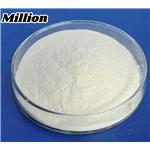
US $1.00/kg2025-11-06
- CAS:
- 62304-98-7
- Min. Order:
- 0.10000000kg
- Purity:
- 99%
- Supply Ability:
- 200kg
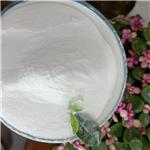
US $10.00/box2025-10-17
- CAS:
- 62304-98-7
- Min. Order:
- 1box
- Purity:
- 99
- Supply Ability:
- in stock
